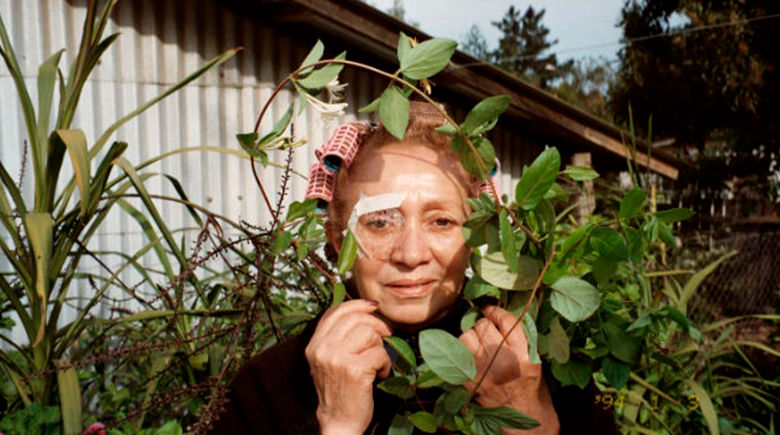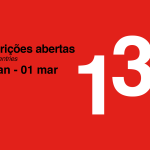
-
7 de June de 2019
Foco: Camila José Donoso and a Cinema in Transformation
Camila José Donoso’s films present a cinema in transformation. They reveal extraordinary characters in their most human facets and are traversed by a contagious life force. Over the course of three feature-length films and several short works, the Chilean filmmaker (born in 1988) and subject of this year’s Focus has built a filmography of great potency and inventiveness. Her restless experimentation with film language challenges traditional codes and freely plays with genre. She blurs boundaries that insist on separating traditional filmic observation of people from its artistic registers in celluloid, digital, and analogue video forms.
Camila will come to Olhar de Cinema to participate in post-screening Q & As, as well an Open Conversation, a free event in which she will discuss her artistic process and screen her early short films Camino Gris (2011) and Nona (2014). This second short eventually gave rise to her most recent feature-length film, the hybrid work Nona. If They Soak Me, I’ll Burn Them (2019), a Brazilian co-production that premiered in this year’s edition of Rotterdam and that will have its first Brazilian screenings at Olhar. And, in addition to Camila’s films, the Focus’s programming also includes works directed by contemporary filmmakers of different nationalities and generations that have influenced Camila’s practice in diverse ways.
Camila’s uniquely personal view of reality is inseparable from how she renders it, something that audiences at important festivals around the world have had chances to discover. Her creativity resides in forming a new aesthetic proposal for each work, found jointly with the people she films. Her protagonists are people that have been pushed to the margins of their societies, such as transvestite and transsexual characters in the features Naomi Campbel (2013) and Casa Roshell (2017) and the older woman at the heart of Nona. If They Soak Me, I’ll Burn Them. Her principal search resides in following their quests to overcome conditions and categorizations that have been imposed on them. Accordingly, Camila showcases transformation through self-invention, with changes frequently taking place both in the shapes of the films and in the bodies of the people they star.
Camila’s social engagement goes beyond filmmaking into LGBTQI+ activism and an all-informing feminist point of view. Fundamental to her trajectory was her participation during university in the feminist arts collective CUDS (Collective Utopia Sexual Dissidence), within which she created video and interdisciplinary performance works. She came to call her works “transfictions”, a term that she continues to use today, with the goal of showing how a piece of art could freely traffic among forms of representation.
A sense of liberty is felt throughout Camila’s work, which mixes cinema, politics, and pedagogical elaboration through initiatives such as the experimental film school Transfrontera. Her corpus is held together by ties of affection, in addition to being bound up with memories of Chilean society’s recent decades. The films in particular touch movingly upon a number of universal desires, such as those of loving and of being loved, and of living comfortably within one’s skin.







